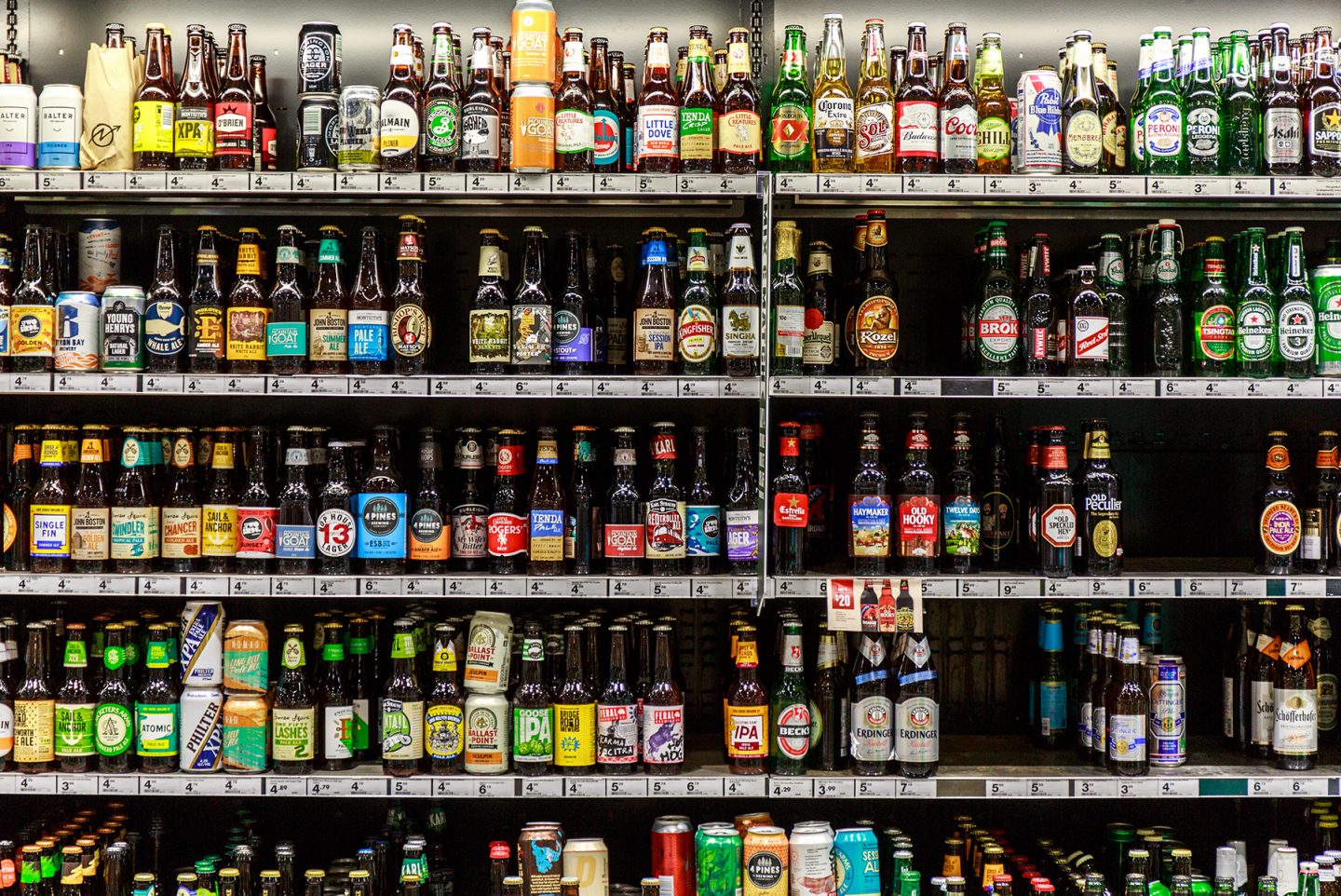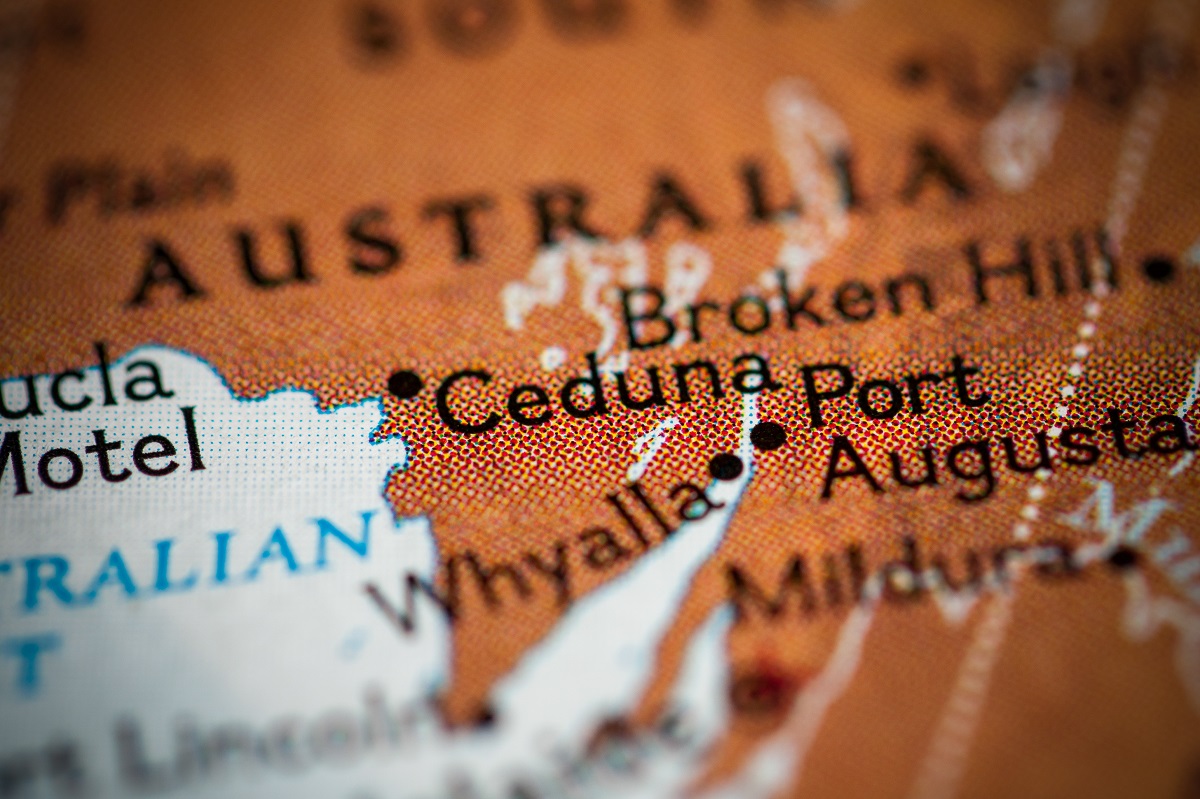
Royce Kurmelovs
Royce Kurmelovs is an Australian freelance journalist and author of The Death of Holden (2016), Rogue Nation (2017) and Boom and Bust (2018).

In March 2016 the federal government chose Ceduna as the testing ground for the cashless welfare scheme, a radical experiment in social policy. With the government now signalling it intends to forge ahead with a national rollout of the program, researchers and lawmakers are still asking a more basic question: does it even work?
Jocelyn Wighton loves Ceduna. The 63-year-old, who lives on the Disability Support Pension, says the town of 3549 people where she has spent the last 15 years of her life is a paradise. She wouldn’t live anywhere else and that is why she has grown so angry about the federal government’s experiment with the cashless debit card.
“You know how small that makes me feel? Just because I live here, I get roasted,” Wighton says.
Following the 2007 ‘Intervention’ in Northern Territory the idea of overseeing how people spend their social security payments was taken up by West Australian mining magnate Andrew Forrest in 2014 who proposed it as a means to ‘help’ Indigenous people into work.
Advocating to bring the card to Ceduna, the town’s former mayor, Allan Suter, lobbied the federal government by describing a scourge of public vice caused by drinking.
From there the scheme evolved to include all people on social security payments (excluding Age Pension and Veterans’ Pension recipients).
“We didn’t get any choice in the matter,“ Wighton says. “There weren’t any meetings. The card arrived in the mail with the booklets that had the terms and conditions, which no one could make any heads nor tails of.
“A few of us got together to try and fight it, but there was no way because it was a foregone conclusion.” Almost three years on, what began as a “trial” has been extended several times since to the point where it is the status quo. The program has also been expanded to other sites around the country. Places like Kununurra in West Australia and Bundaberg in Queensland have now been included, with plans to involve 22,500 people in the “trials”.
Even as the Coalition government has been rolling out the card, social researchers and lawmakers are still trying to determine whether it even works.

Though enthusiastic in the early days, Ceduna’s authorities are today reluctant to talk about the card, which is said to have “divided” the town.
Unlike his predecessor, Ceduna’s current mayor, Perry Will, refused to comment on the trial, instead directing all questions to the Ceduna council’s CEO Geoffrey Moffatt. When approached for comment, Moffatt was said to be on leave. Behind the scenes, local government figures are said to be begging federal lawmakers to keep the card active. When Senator Jacqui Lambie and Centre Alliance MP Rebekha Sharkie visited Ceduna in the first week of October 2019, they were repeatedly told of the card’s success.
Advocates argue the card has been a cure for anti-social drinking. Privately, local police say property crime may be down, but statistics for crimes against people remain unchanged.
Meanwhile, the local hospital has reported fewer appearances for alcohol-related injuries each month.
Advocates for the card have been quick to point to these outcomes as proof of its success, but proving causation can be difficult. In the lead up to the cards’ introduction, local authorities introduced more stringent regulations strictly limiting the amount of alcohol a person could buy and requiring everyone to provide ID. On top of this, the federal government kicked in one million dollars in extra funding to support a raft of social services ranging from financial advice to mobile support teams while charities like the Red Cross expanded the activities of their drop-in centre and local paramedics have actively worked to build relationships with the local Indigenous community.
As time has worn on, it has become impossible to point to the card as the singular reason for any one development.
From the beginning, getting clear information about the trial has proven tricky.
The card is administered by Indue Limited – a private company for which former National Party MP Larry Anthony serves as deputy chairman and which has earned $95 million in federal government contracts. When consulting firm ORIMA released its analysis of government figures from the initial phases, the Australian National Audit Office found that ORIMA had not used “all relevant data to measure the impact of the trial” and had not completed the evaluation in line with their contractual obligations. The government auditors said this made it “difficult to conclude whether there had been a reduction in social harm”.
Another report from researchers at the University of Adelaide was expected to be released in October 2019, but has been delayed until next year.
”I don’t know why it was delayed,” Rebekha Sharkie tells The Adelaide Review. ”We’ve asked the Minister’s office. They’ve said it’s not ready yet and that it won’t be ready until the new year.
“We’re now expected to vote on legislation to expand and extend the card without even being able to confidentially view a draft version.”
In principle, the card works by
quarantining 80 per cent of a person’s social security payment, while the
remaining 20 per cent is paid directly into their regular bank account.

The card is supposed to stop people buying alcohol and pornography, or gambling, but the underlying technology doesn’t work. The card works not by blocking individual items, but by stopping sales from specific types of merchant. Purchases from a bottle shop might be stopped, but people might still buy items from mixed merchants, such as a grocery store that also sells alcohol.
To resolve the issue, the Department of Social Services issued a tender in 2017 calling for applicants to design software that filters out individual items at the point of sale. There has been no word on the outcome to date.
Anthropologist Eve Vincent from Macquarie University says the exclusive focus on statistics among commentators has largely missed the point.
“This is really quite a radical policy experiment that people’s lives have been caught up in,” Vincent says. “These are really disenfranchised members of Australian society, but they’re keenly aware of the policy decisions being made about them.”
In June 2019 Vincent released the results of a three-month long study recording the experiences of Indigenous people living with the cashless debit card.
“People used expressions [to describe their situation] like, ‘under the thumb’,” Vincent says. “Even people who don’t experience practical problems with the card and for whom it hasn’t really been a negative experience are still intensely critical because they feel surveilled, controlled and that it interferes in their lives.”
Though she is non-Indigenous, this describes Jocelyn Wighton’s experience with the card that she says has left her feeling broken and jaded.
A year ago, she left the trial when she learned it only applied to people who were paid in fortnightly installments.
“So I switched to weekly payments saying it would help me ‘budget better’,” Wighton says. “Then later I found out the people Centrelink puts on weekly payments are people who can’t handle their money – all the drug addicts and alcoholics and gamblers. The whole reason for the card went out the window right there, because the people they said they were doing it for weren’t on the usual payment anyway. Now there’s resignation that whatever we do is not going to change things.
“The powers that be don’t worry about what people like me think.”

Royce Kurmelovs is an Australian freelance journalist and author of The Death of Holden (2016), Rogue Nation (2017) and Boom and Bust (2018).